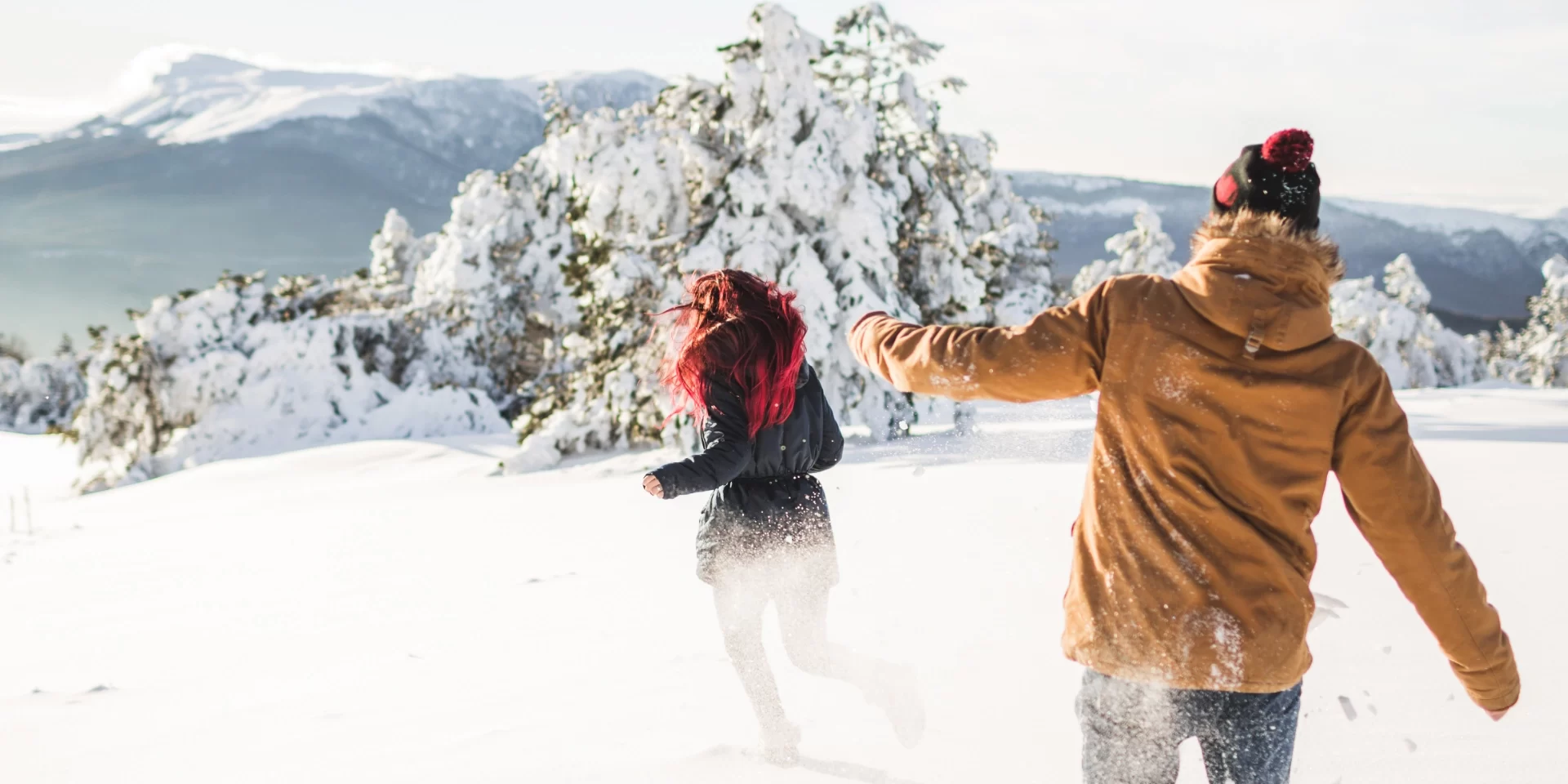The Various Sorts Of Snow in Australia and Their Effect on Winter Sports
Australia, known for its sun-soaked coastlines, is likewise home to a diverse range of snow problems that significantly affect winter season sporting activities. Each kind, from the damp coastal snow to the completely dry indoor powder, offers special obstacles and benefits for professional athletes. An understanding of these variants is essential for those seeking to browse the Australian inclines, as each calls for different strategies and durability. The complying with exploration will certainly review the ramifications of these snow kinds on winter sporting activities efficiency.

Comprehending the Attributes of Different Snow Kinds
While many think that snow is a homogeneous entity, it is necessary to recognize that there are different types, each with special qualities. In Australia, these variants are particularly pronounced as a result of climatic variety. Coastal snow, found in locations such as the Snowy Hills, is usually wetter and denser due to high moisture web content, making it excellent for snowball fights or building snowmen. On the other hand, the snow discovered in the interior regions like the Australian Alps is drier and lighter, often compared to a fluffy powder. These distinctions in snow type aren't simply visual; they considerably impact winter months sporting activities, dictating the simplicity of motion, the speed obtainable, and the degree of control needed from professional athletes.
The Impacts of Powder Snow on Snowboarding and Snowboarding
Regardless of its light and cosy look, powder snow in the Australian Alps offers both special challenges and chances for wintertime sporting activities enthusiasts, particularly those engaged in skiing and snowboarding. The smooth and forgiving surface area of powder snow likewise minimizes risk of injury throughout drops, making it a recommended choice for severe winter months sports.

The Difficulties and Benefits of Packed Snow in Winter Sports
Moving focus from the loosened, dry powder snow, another common sort of snow in the Australian Alps is stuffed snow, posturing its own collection of challenges and advantages in the world of winter months sporting activities. This denser, much more solidified kind of snow supplies a quicker, slicker surface area, profiting sports like downhill snowboarding and snowboarding, boosting rate and accuracy. Nonetheless, the same characteristics also present difficulties. Its difficult surface can be dangerous, boosting the possibility for injuries during falls. Navigating turns and regulating speed can be challenging on packed snow, calling for higher ability degrees from professional athletes. Despite these obstacles, loaded snow continues to be a vital element in numerous winter sporting activities, shaping the performance and approaches of athletes.
The Role of Damp Snow in Australian Winters Months Games
In contrast to the thick, glossy surface of jam-packed snow, wet snow plays an entirely various duty in Australian wintertime video games. Does It Snow In Australia. Its pliability makes it suitable for snow sculpting events and for fortifying snow frameworks in sporting activities like snow ft battles.

Exactly How Slushy Snow Influences Winter Months Sports Efficiency
Proceeding the expedition of varying snow conditions Does It Snow In Australia in Australia, the impact of slushy snow on wintertime sports is one more intriguing variable. Slushy snow, resulting from warmer temperatures or direct sunshine, postures unique obstacles to athletes. Therefore, slushy snow transforms the winter months sporting activities landscape, demanding not only increased physical exertion from athletes yet also a higher focus on safety preventative measures.
Adapting Winter Sports Techniques to Various Snow Conditions

Final Thought
To conclude, Australia's diverse snow types dramatically impact winter season sports performance. Each type, from the glossy seaside snow to the drier indoor powder and the heavy, sticky wet snow, provides unique difficulties and benefits. Therefore, professional athletes have to adjust their strategies to navigate these varying conditions effectively. The snow's developmental function emphasizes the relevance of understanding its attributes to maximize performance and safety and security in Australia's winter season sports landscape.
Moving focus from the loose, dry powder snow, another prevalent type of snow in the Australian Alps is jam-packed snow, presenting its own set of challenges and advantages in the world of wintertime sporting activities - Does It Snow In Australia.In comparison to the dense, slick surface area of stuffed snow, damp snow plays a completely different role in Australian winter video games. Its pliability makes it suitable for snow sculpting events and for fortifying snow frameworks in sporting activities like snow fort battles.Proceeding the exploration of varying snow conditions in Australia, the effect of slushy snow on winter sporting activities is an additional interesting factor. Each type, from the glossy coastal snow to the drier interior powder and the hefty, sticky wet snow, offers special difficulties and benefits